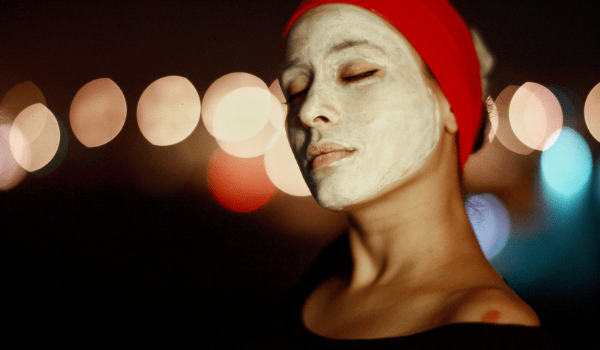It’s finally summertime, and that means warm, sunny days and more opportunity to be active and outdoors. However, summertime can also bring more hot, sweaty days which may cause more acne for some people. Check out 8 helpful tips for how to manage acne this summer.
-
Wear Sunscreen Made for Acne Prone Skin
You may be wondering right now how to manage acne while also slathering on the sunscreen. You’ll want to keep your skin healthy, but you won’t want clogged pores. We recommend using a sunscreen that is made for acne prone skin and has at least 30 SPF. With both combined, you’ll get the protection you need while also letting your skin breathe and avoid that oily feeling.
-
Wash Your Face
We can’t stress this enough – wash your face! You should maintain your regular skin care regimen throughout summer, like washing your face twice a day, but be aware of other situations that call for a fresh face. For example, it’s helpful to wash your face before heading to the gym. Leaving on any makeup or moisturizer from the day may only lead to more clogged pores.
-
Shower Daily
One of the best tips for how to manage acne in the summer is to shower daily. Most people sweat more in the summer, which can lead to face and back acne. The extra sweating can also increase the oil in your hair, so if you usually live off of dry shampoo, put the spray can down. Wash your hair more often in the summer to help manage breakouts.
-
Choose Your Clothing Wisely
You might love to wear tight clothing, but that’s not going to help your acne, especially in areas like your back. Dermatologists recommend wearing loose cotton clothing as another tip for how to manage acne. Loose clothing allows the sweat to evaporate so that it’s not trapped against your skin. Cotton dries quickly, helping to decrease the amount of sweat sticking to your body. We also recommend changing your clothes after a heavy round of sweating to help diminish back acne.
-
Re-Evaluate Your Makeup and Lotions
During the summer, re-evaluate the makeup and lotions you use. Choosing oil free makeup and lotions will help to lessen the amount of oil on your face. We recommend Glo Skin Beauty and Vu Skin System products like the Essential Daily Moisturizer. Even better, many of these products contain SPF, helping you to reduce the layers of product you apply to your face!
-
Change Your Bedding and Towels Frequently
One common, but often forgotten, tip for how to manage acne is to change your bedding and towels regularly. Even with a routine skin care regimen and showering before bed, oils and dead skin accumulate on your bedding, leading to clogged pores. Just like your bedding, towels accumulate oils and dead skin cells even though you only use them when you’re clean. Wash your bedding every week and change your towels often to help prevent acne.
-
Keep Your Hands Off Your Face
Stay away from touching your face too much to help avoid extra oil. If you typically use your hands to apply your makeup, opt for using brushes. Pay attention when on your phone or the computer to avoid leaning on your hand. That extra awareness can save you from an annoying breakout.
-
See a Dermatologist
If you’re having a lot of trouble managing your acne, it’s best to consult an expert. Speaking with a board-certified dermatologist is one of the most effective tips available for how to manage acne. A dermatologist can help you learn more about what is causing your acne as well as how to effectively manage it with recommended treatment plans.
At Vujevich Dermatology, we offer acne medication right from our office with Vu Pharmaceuticals. Interested in speaking to one of our Pittsburgh dermatologists to learn more about how to manage acne? Contact any of our three offices today.
Vujevich Dermatology Associates offers medical, surgical, and cosmetic dermatology from some of the most highly trained physicians and clinicians in the greater Pittsburgh area. You can reach our team at 412-429-2570 or visit our contact page to see all of our locations. You can also follow us on Facebook to see what’s new in the world of dermatology.

